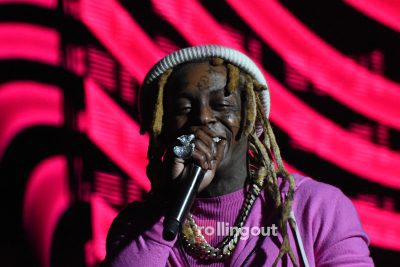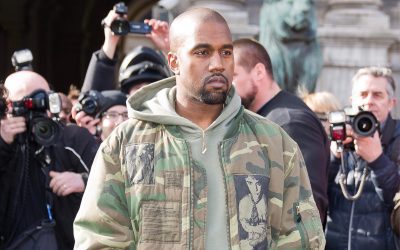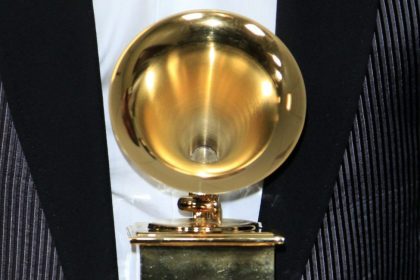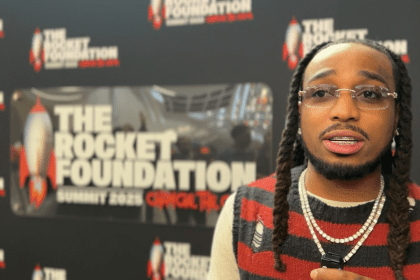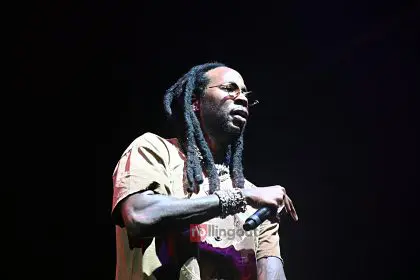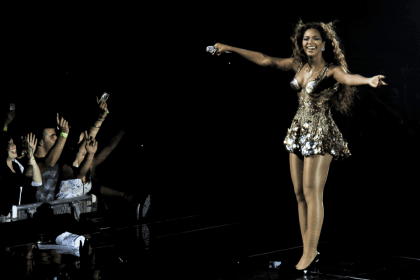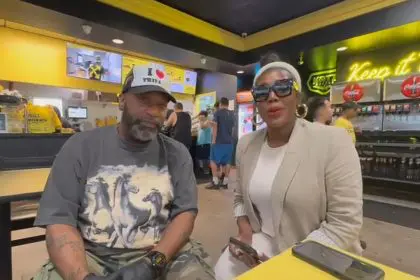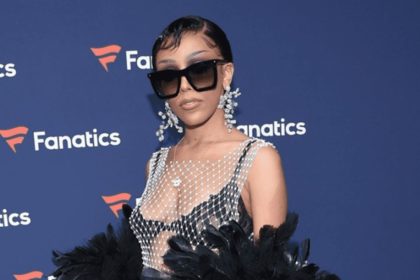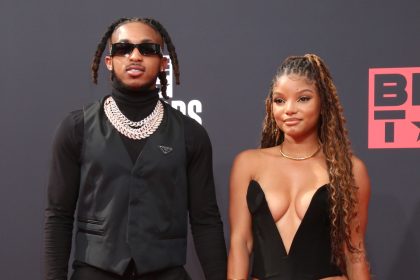
Adele’s lauded 25 album has already passed the triple platinum mark after just one week of sales. The British singer’s third album has earned rave reviews, the lead single “Hello” has been inescapable and she built a tremendous amount of anticipation for the follow-up to 21. After all, winning so many awards and then disappearing for three years is a great way to get the public jonesing for your stuff, and Adele delivered exactly what her fans had hoped for: music that builds on her previous work just enough without simply echoing it. With Adele’s return to the charts, the ongoing conversation surrounding her music and popularity has also resumed. She’s often championed as a British soul singer, a descriptor that irks some for a variety of reasons — some balk at anyone considering her music “soul” at all and some acknowledge that her tremendous popularity raises questions regarding appropriation and White privilege.
Adele’s music simmers with sincerity, a sort of lived-in pain and hope that resonates deeply with many listeners. She’s been able to turn her heartache into gripping art in a way that feels more mature than contemporaries like Taylor Swift — and more timeless. She’s become a force in contemporary music on par with the biggest artists of our time. But regardless of how you may love Adele’s music, make no mistake — Adele is definitely benefiting from White privilege.
And it doesn’t matter how good anyone thinks she is.
It’s important to understand that White privilege isn’t only manifest in mediocrity–which, as it pertains to art appreciation, is a pretty subjective determination–being elevated by fans and mainstream media. There are some very talented, innovative and important White artists who benefit and have benefited from the fact that they are White. The Beatles’ early music was heavily influenced by Black ’50s rockers like Chuck Berry and Little Richard, as well as their contemporaries like Motown; but the Beatles also broadened their sound and approach in ways that proved to be influential on the evolution of rock and popular music. But part of why the Beatles were able to be so creatively fearless was because they’d become the biggest act in the world — any artist can take risks, but having commercial clout gets you a lot of latitude and being megastars means that you have a wide influence on popular culture. And in the 1960s, that megastardom wouldn’t have happened if they weren’t White. The same year that the Beatles released their first “serious” album Rubber Soul, Otis Redding released his classic Otis Blue — and he wasn’t even on the cover of the album, a sadly common practice for many Black R&B artists of the day. No matter how brilliant Redding’s album was, it was still considered “risky” to put this dark Black man on the cover of his own album. It’s hard to imagine Otis ever becoming the biggest artist in the world when he had to hide his blackness in order to get a record on shelves. Did the Temptations ever have the opportunity to become poster boys like the Rolling Stones? Or were so many Black artists forced to navigate other challenges that British Invasion bands didn’t have to face? The same year the Stones were taking a stab at psychedelia with Their Satanic Majesties Request, the Temptations recorded the blatant “crossover” album In A Mellow Mood — an attempt by Berry Gordy to market the group to more middle-of-the-road White tastes.White artists never had to feel pressured to cross over to anyone, they could dabble in virtually any genre or style their creativity sought to indulge in–Black, Indian or otherwise–without it bearing the weight of needing to boost their appeal to any mainstream audience.
Of course, that was the ’60s and this is now. Since the 1980s, we’ve had a plethora of Black megastars like Michael Jackson, Prince, Beyoncé and Kanye West. And hip-hop is everywhere. But it’s worth noting that the best-selling rap album of the 1980s (Licensed To Ill by the Beastie Boys) was by a White act. Prior to the deaths of 2Pac and the Notorious B.I.G., the best-selling rap album of the 1990s (To the Extreme by Vanilla Ice) was also by a White act. And the best-selling rap album of the 2000s? The Marshall Mathers LP by Eminem — also White. Beyoncé and Rihanna are easily two of the biggest pop stars in the world—but do they have album units like the Taylor Swifts and Katy Perrys? Beyonce’s acclaimed self-titled album from 2013 has gone double platinum in two years. Adele’s 25 sold 3 million in a week. While stans like to use sales as some sort of metric for quality or greatness, they’re really only a tally for popularity. And we can’t pretend that race doesn’t factor into popularity. Being “good” isn’t the sole factor in determining whether or not an artist can sell huge numbers. “Good” is entirely subjective and there are lots of artists who are very popular who may or may not meet one’s personal tastes. That’s why this discussion shouldn’t hinge on subjective arguments.
It’s easy to single out an artist like a Vanilla Ice or Iggy Azalea because, to most people, they don’t carry a lot of credibility. But many of Iggy’s detractors missed the point when they implied that she would be less problematic if she respected the culture or made better music. Eminem did both, but the fact that he regularly outsold his Black counterparts wasn’t just because he made dope music and had credibility — it was because he was White making dope music with credibility. It’s good that a White artist who may be appropriating someone else’s culture can show that they “get it,” but in many ways, the issue is bigger than the artist’s approach and behavior. The platform gives you privilege and artists who truly “get it” should at least acknowledge that fact. And so should their fans.
It doesn’t matter whether or not you think Adele’s music is brilliance or trash — she benefits from White privilege, regardless. She can be marketed to adult contemporary audiences who would’ve never considered buying a Tamia or Deborah Cox album 20years ago. She can be marketed to angsty suburban youth who have never heard of Jazmine Sullivan, Elle Varner or Teedra Moses. If you put White people in a set of circumstances and compare it to Black people in a similar set of circumstances, White people will generally have the advantage because White people won’t have the extra hurdle of racism to overcome. That’s the privilege. So if Michael Jackson could sell 25 million copies of Thriller, then I have to believe that a White artist with the same album, same videos and same fortuitous timing would’ve sold even more. Because it’s good to be great, but it’s even better to be White.

